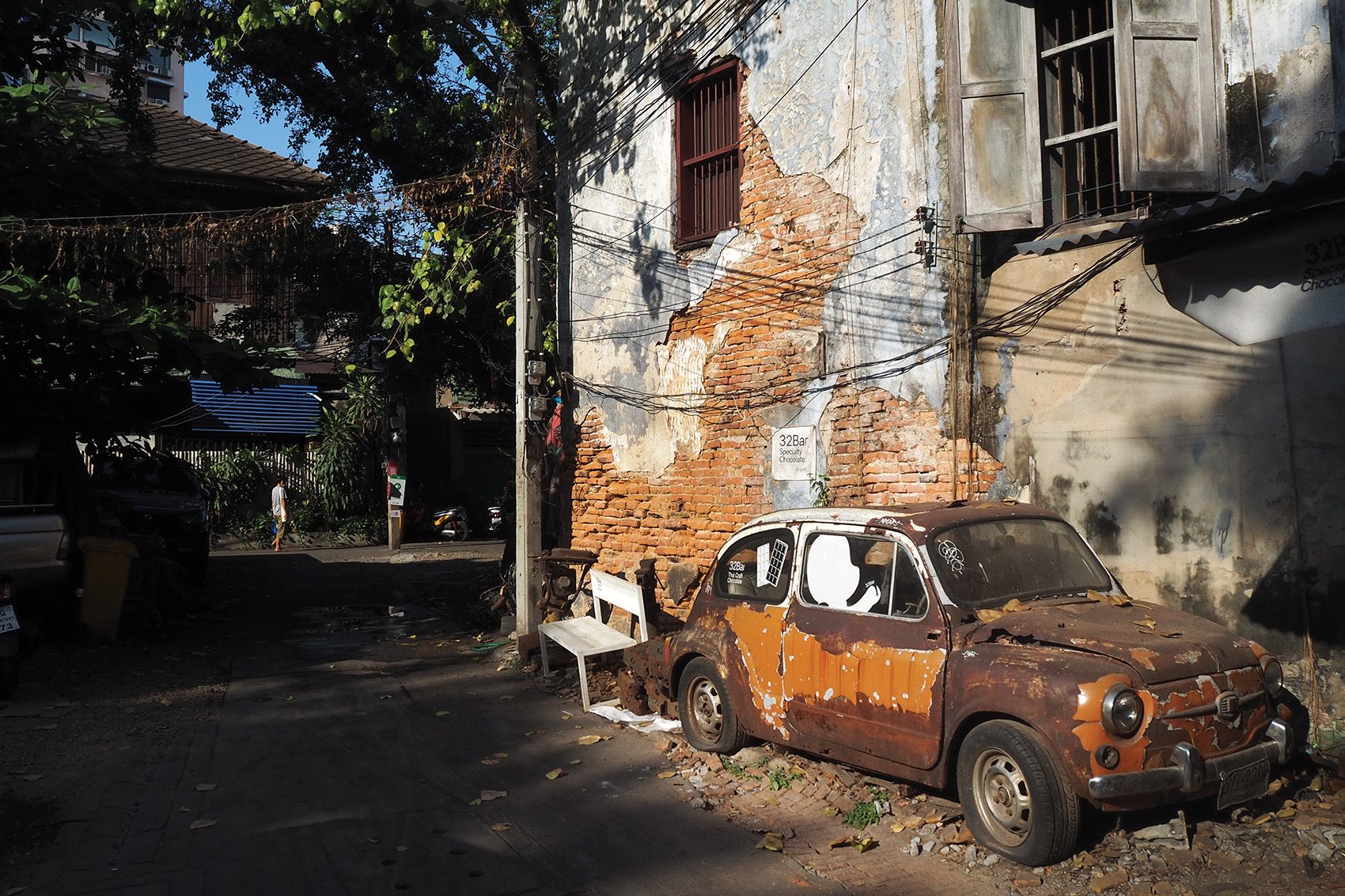Please upgrade your web browserYou’re using a browser that we don’t support. To get the best experience using our site, we recommend you upgrade to a newer browser – please see our supported browsers list.
Please upgrade your web browserYou’re using a browser that we don’t support. To get the best experience using our site, we recommend you upgrade to a newer browser – please see our supported browsers list.
Miles balance NaN
NaN
Status Points balanceNaN
My account
View details
Find the best fares to
Bangkok
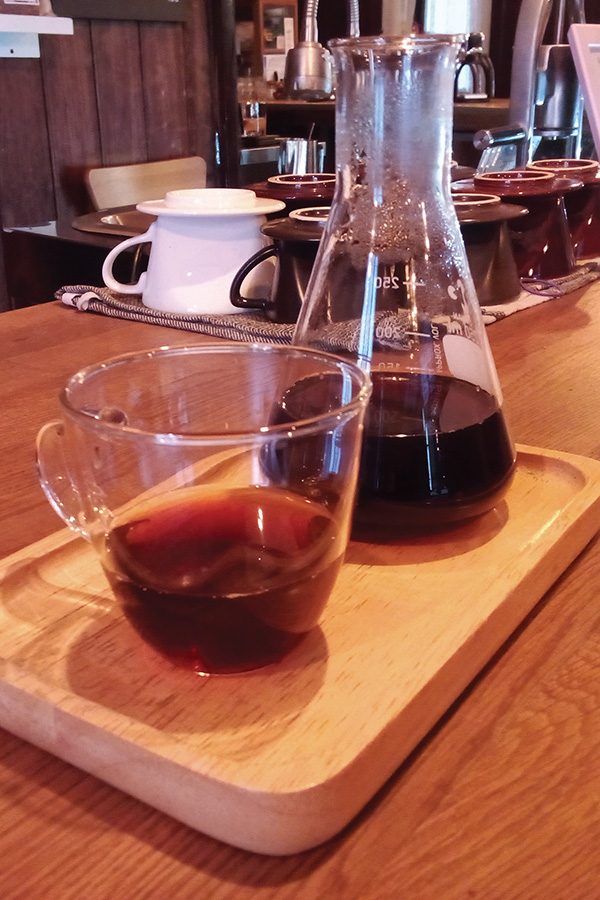
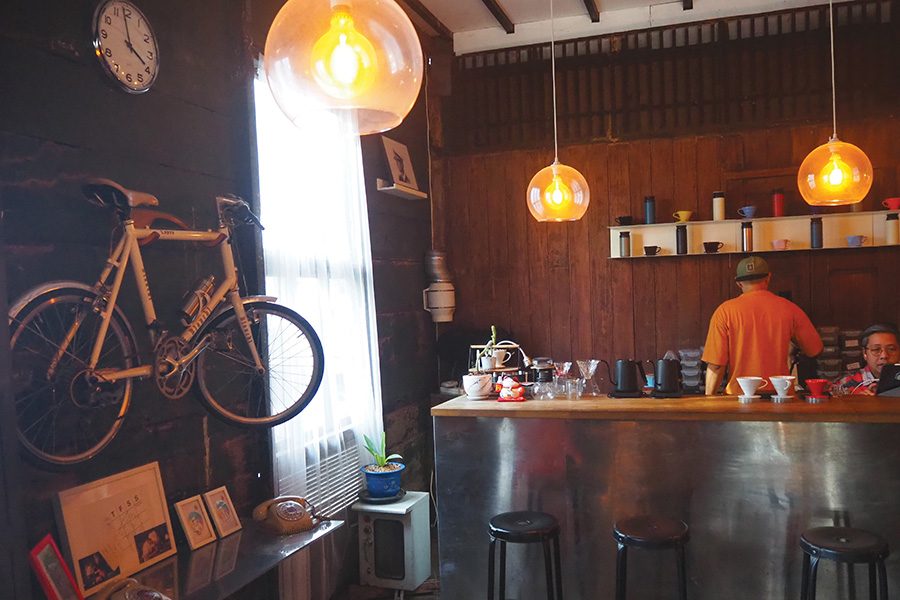
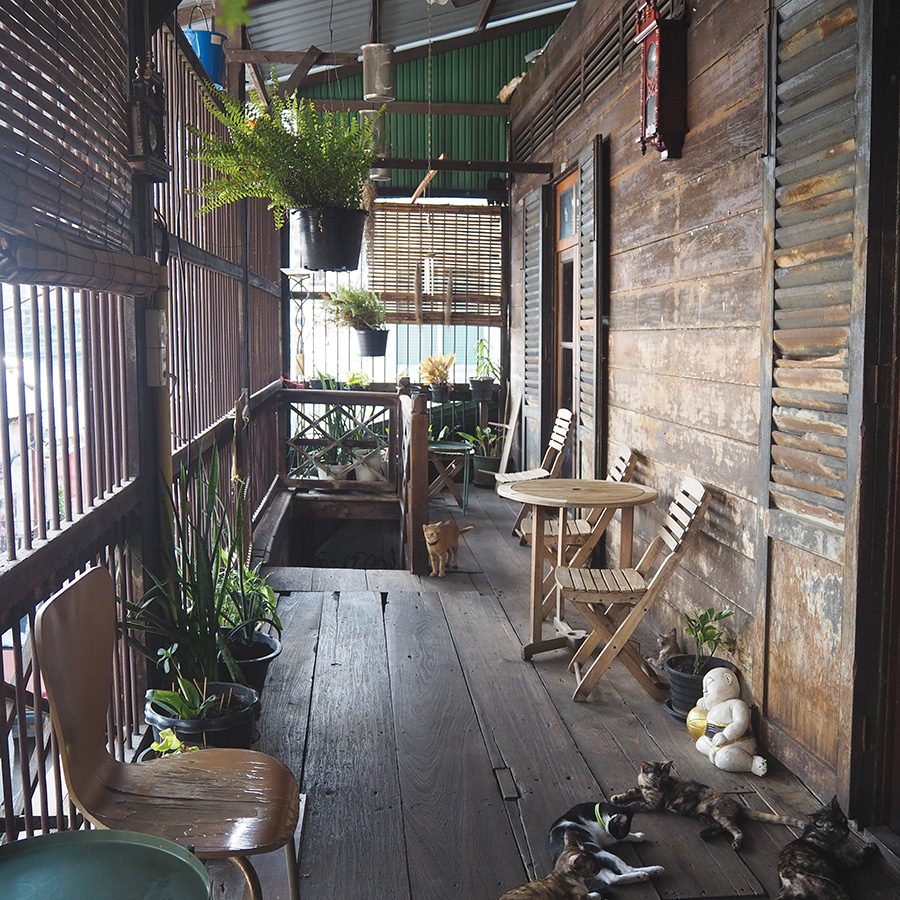
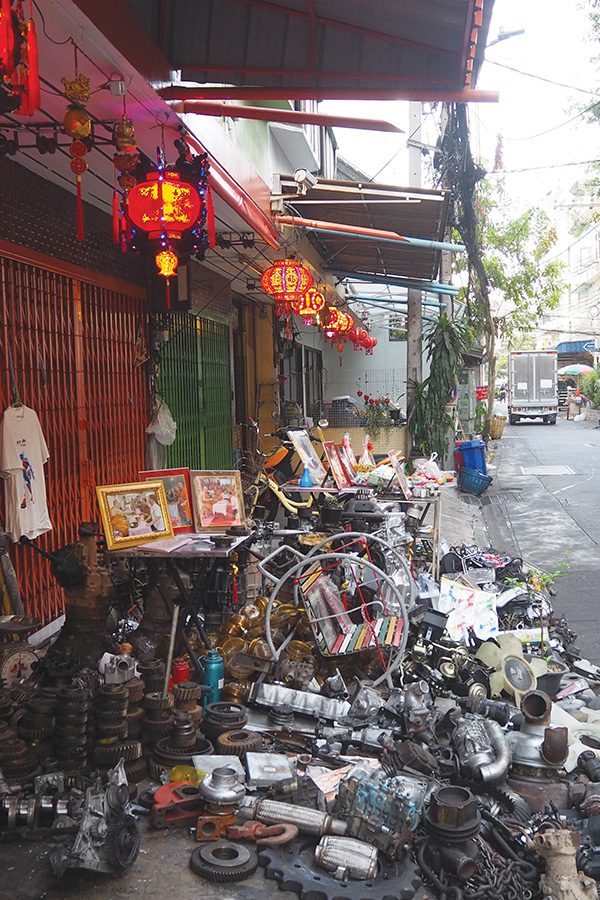
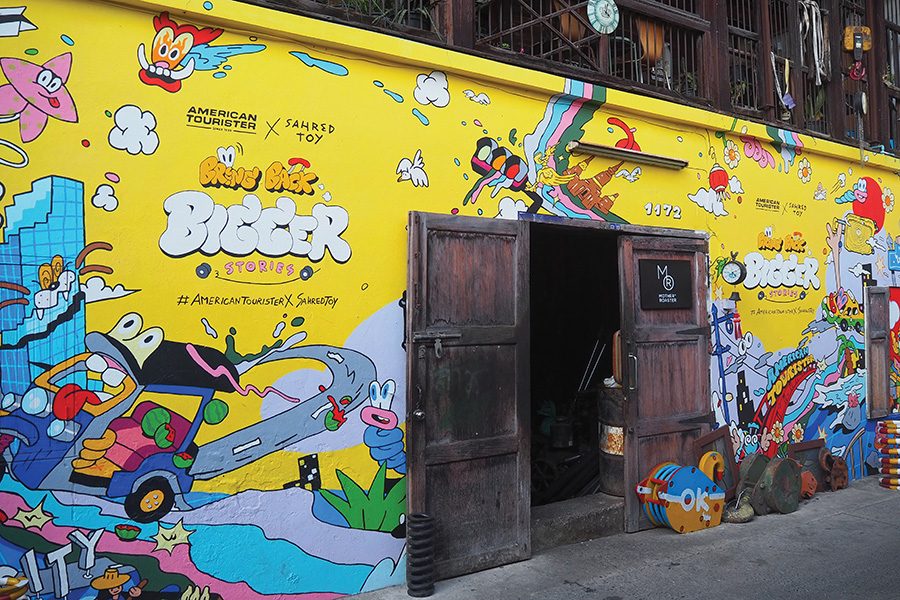
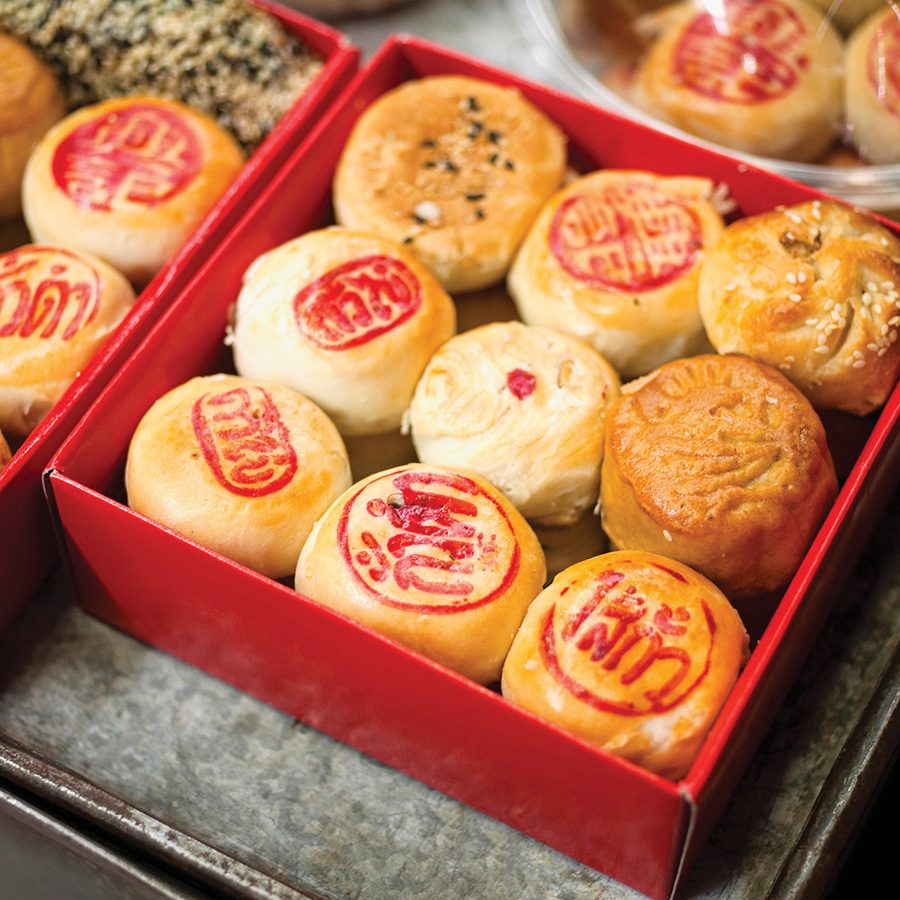
Credit: Srinophan69/Getty Images
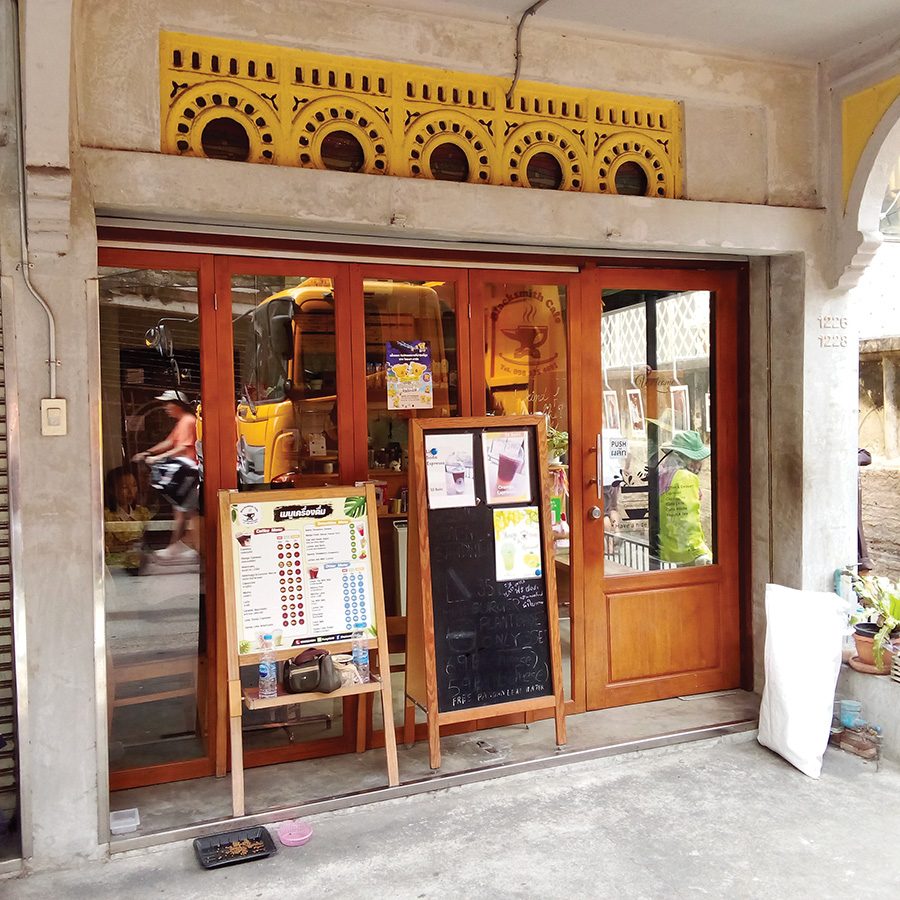
Credit: Philipp Meier
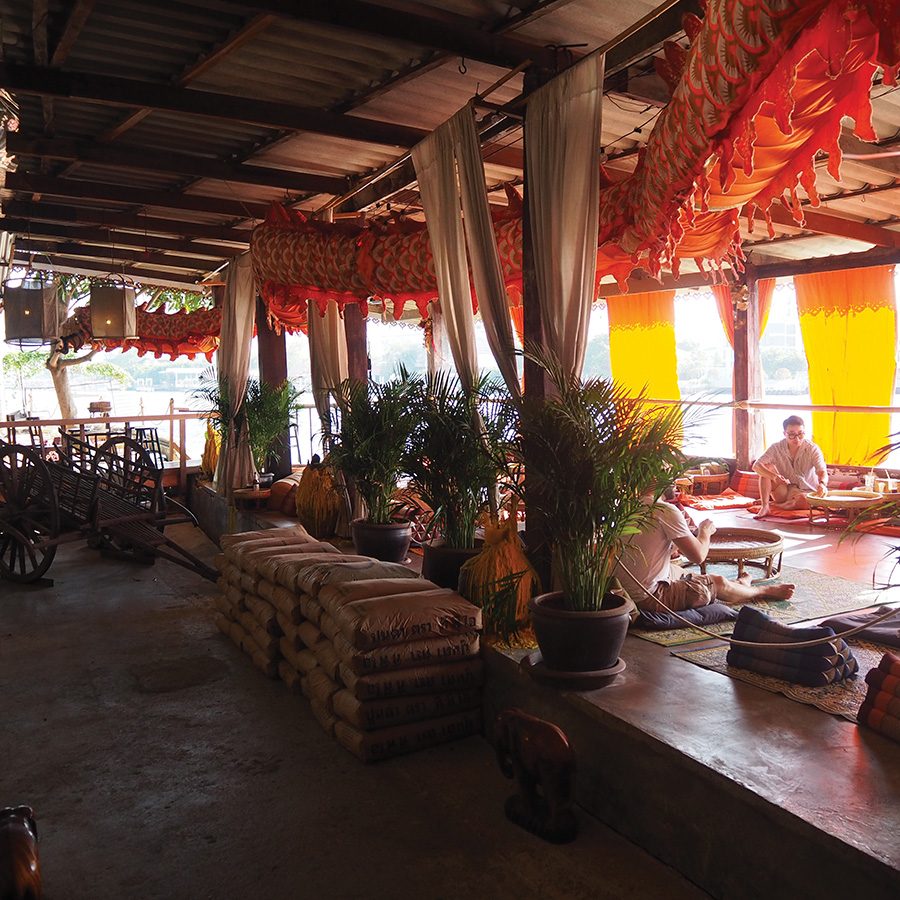
Credit: Philipp Meier
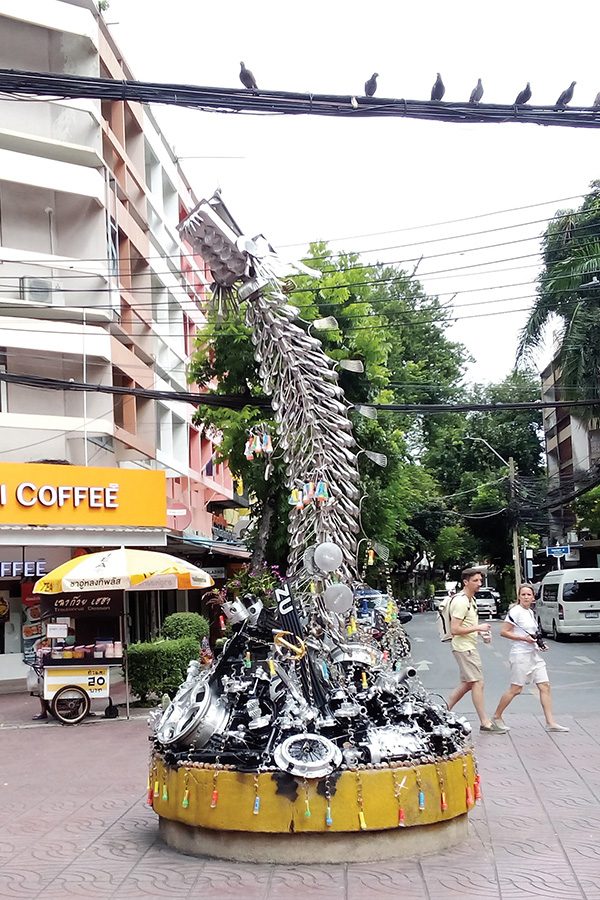
Credit: Philipp Meier
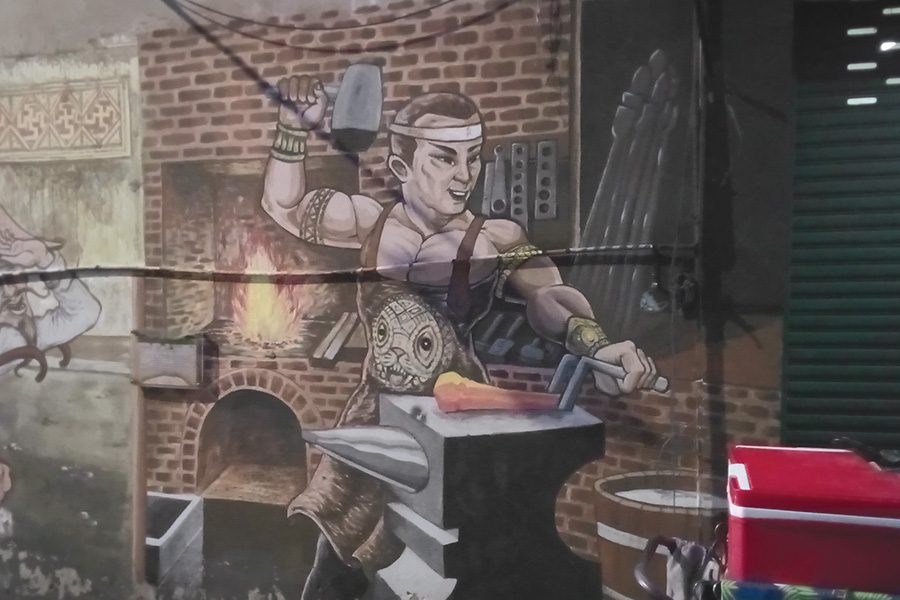
Credit: Philipp Meier
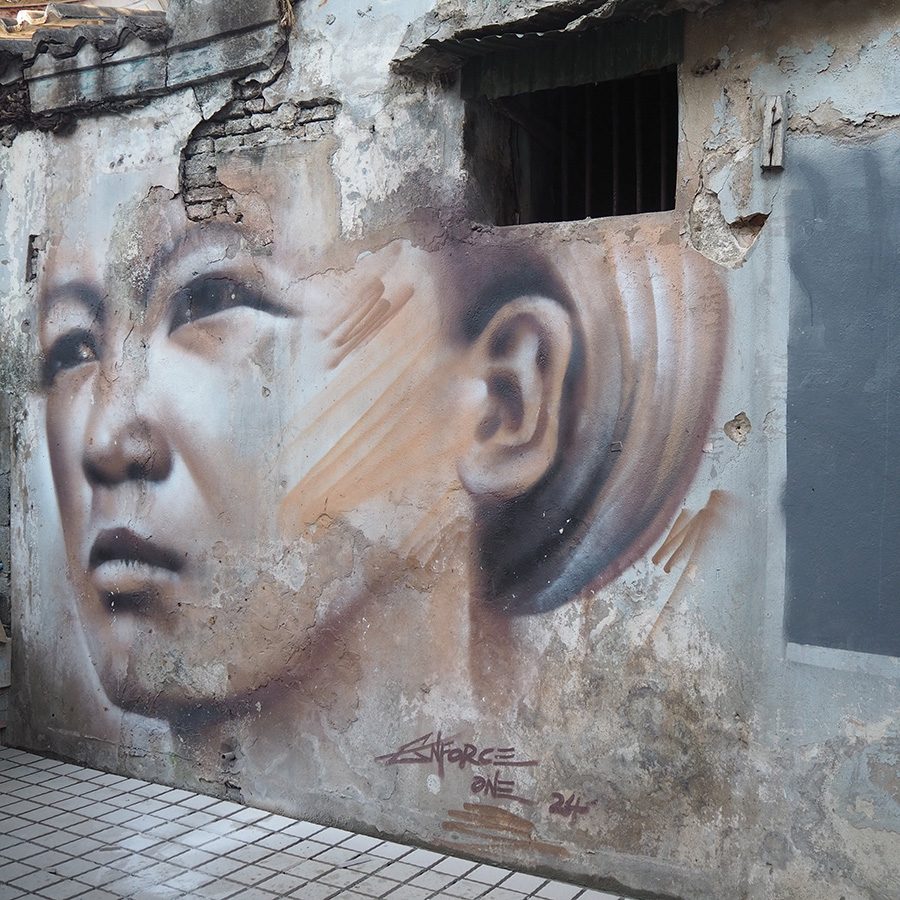
Credit: Philipp Meier
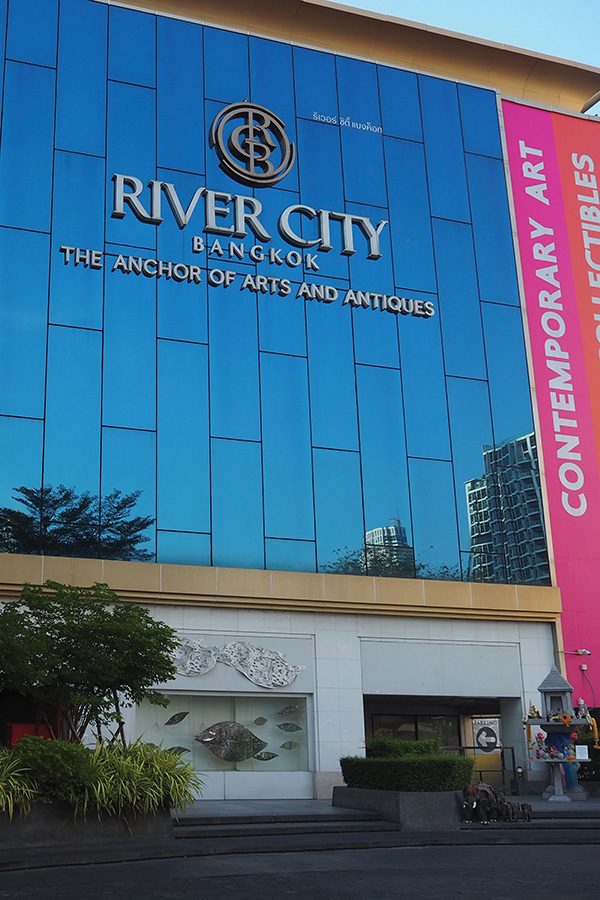
Credit: Philipp Meier
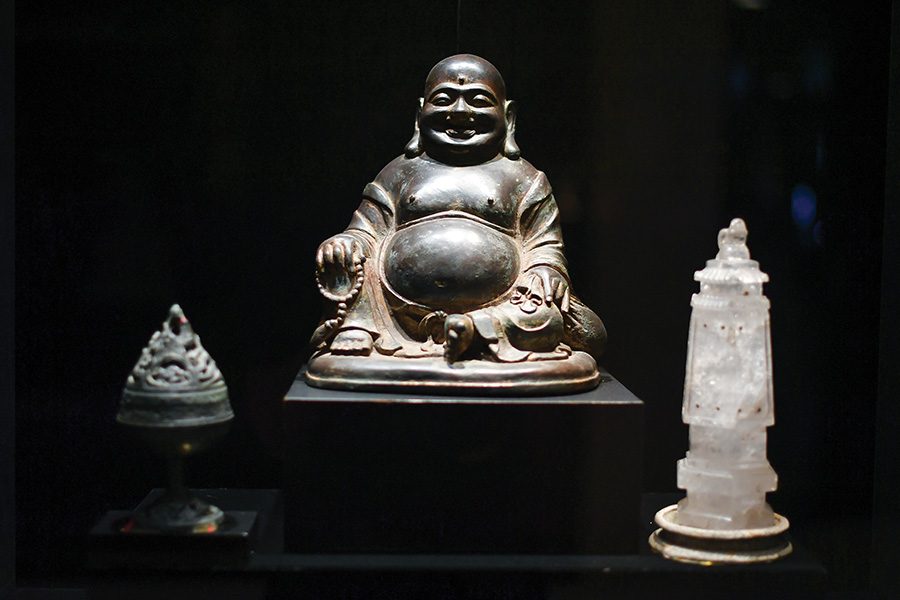
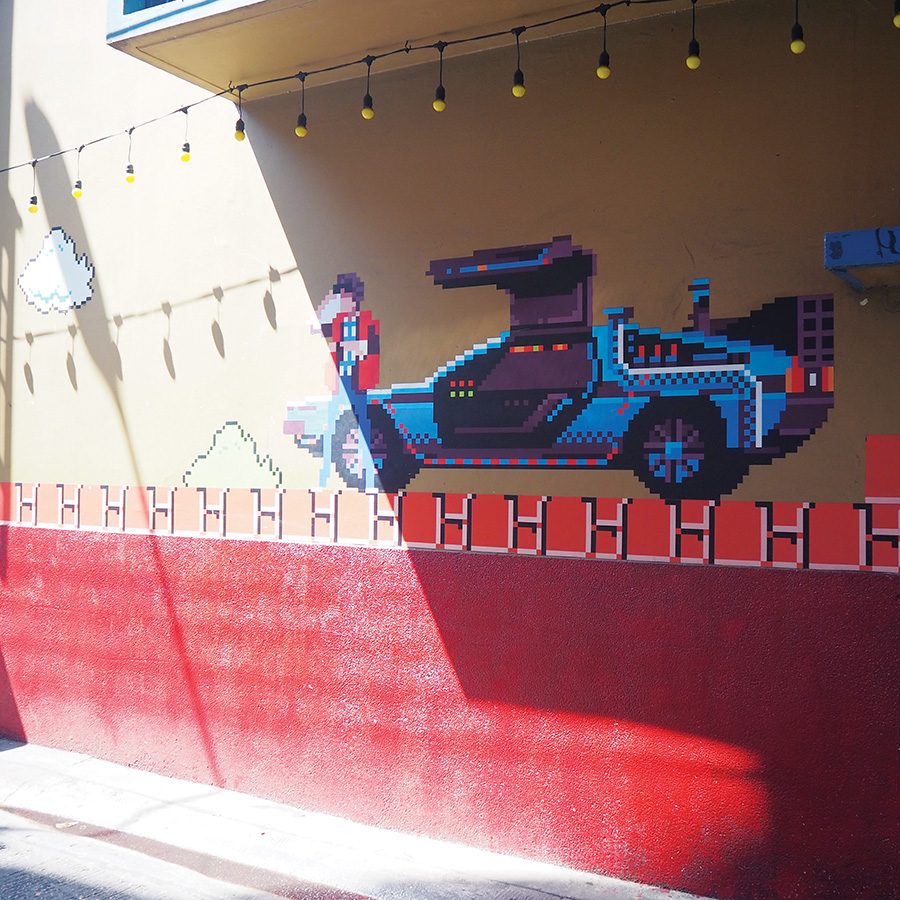
Credit: Philipp Meier
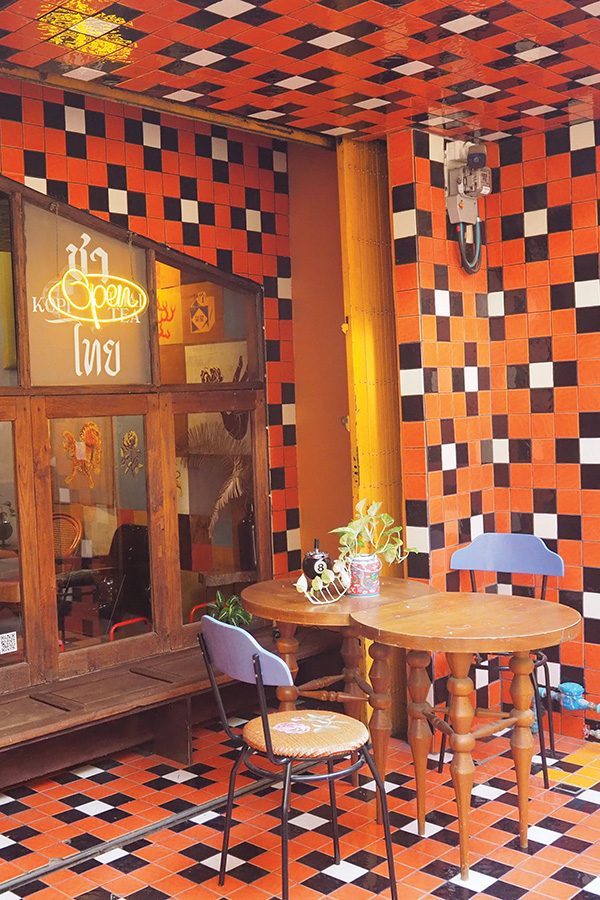
Credit: Philipp Meier
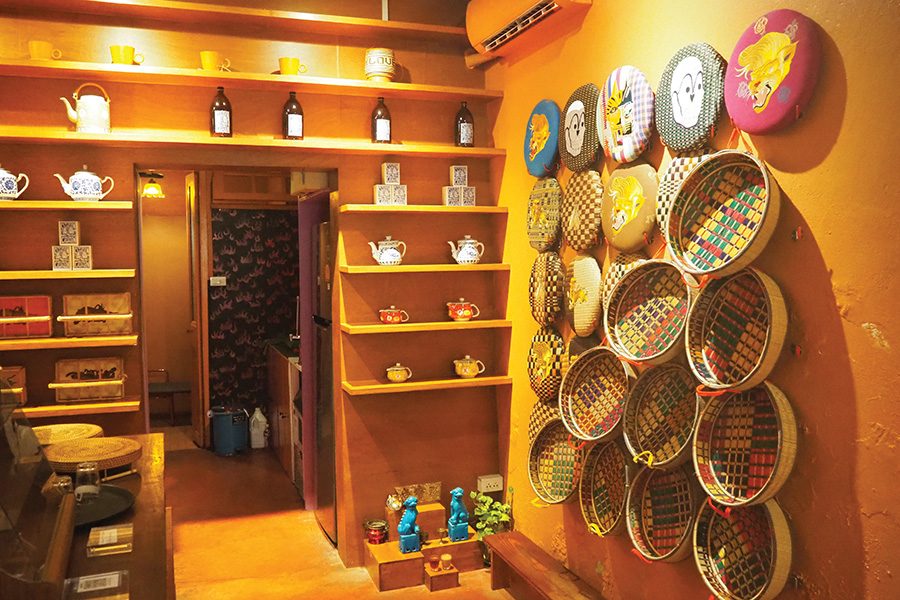
Credit: Philipp Meier
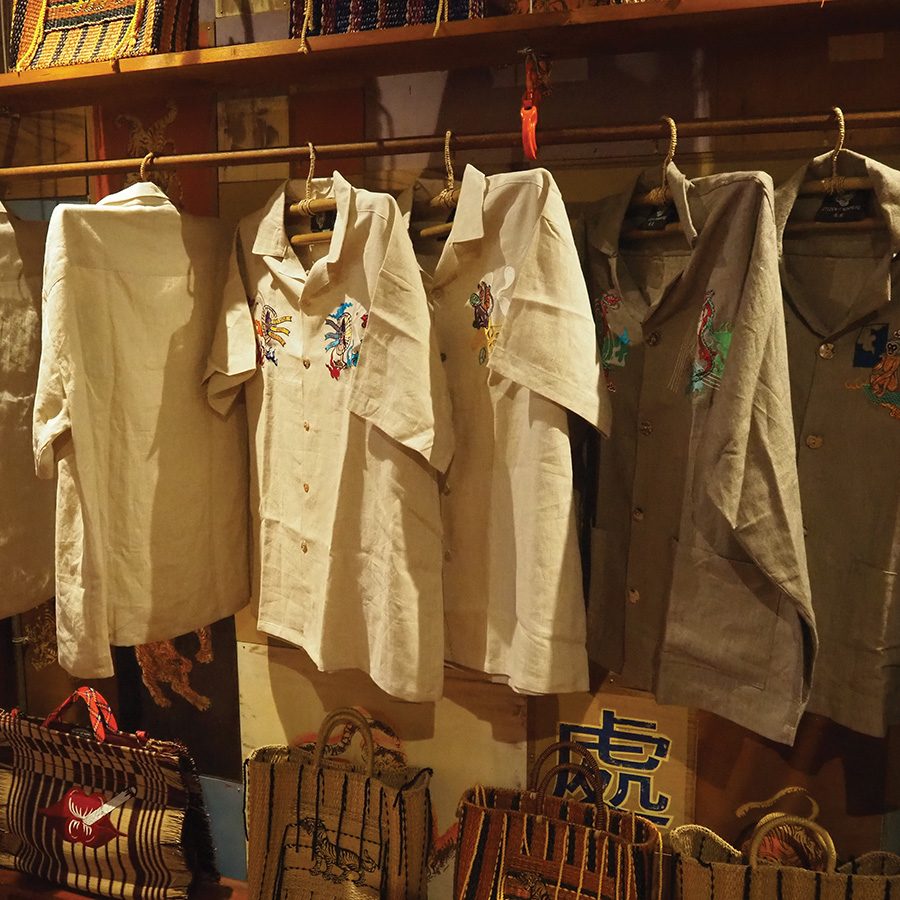
Credit: Philipp Meier
Select language and location
Close
- China – the Chinese Mainland, Hong Kong SAR, Macao SAR and Taiwan Region
- Hong Kong SAR - English
- Chinese Mainland (China) - English
- Taiwan China - English
- 香港特別行政區 - 繁體中文
- 中国內地 - 简体中文
- 中國台灣 - 繁體中文
- Africa
- South Africa - English
- Asia
- Bangladesh - English
- Korea - English
- Singapore - English
- Cambodia - English
- 한국 - 한국어
- Sri Lanka - English
- India - English
- Malaysia - English
- Thailand - English
- Indonesia - English
- Maldives - English
- ประเทศไทย - ภาษาไทย
- Indonesia - Bahasa Indonesia
- Myanmar - English
- Vietnam - English
- Japan - English
- Nepal - English
- Việt Nam - tiếng Việt
- 日本 - 日本語
- Philippines - English
- Australasia
- Australia - English
- New Zealand - English
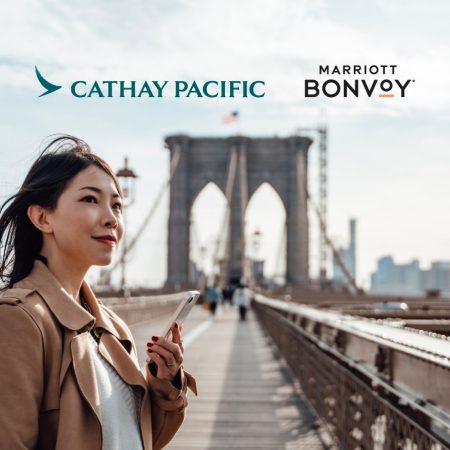


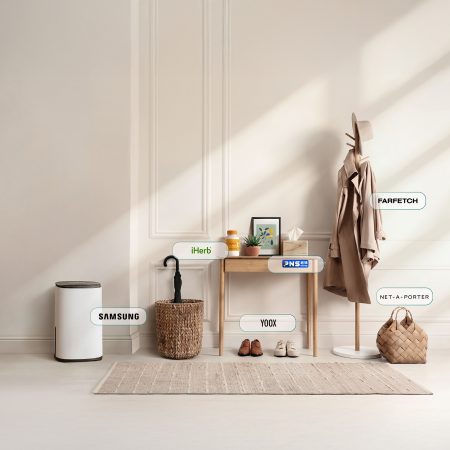
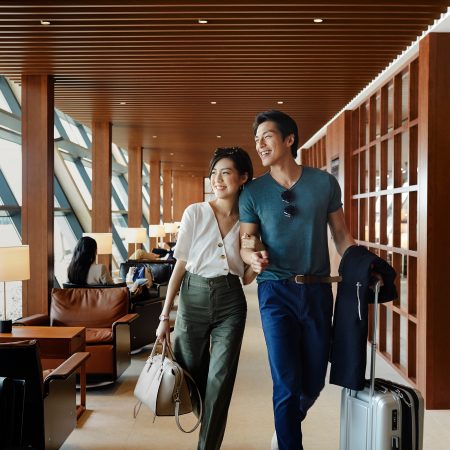
.renditionimage.450.450.jpg)


